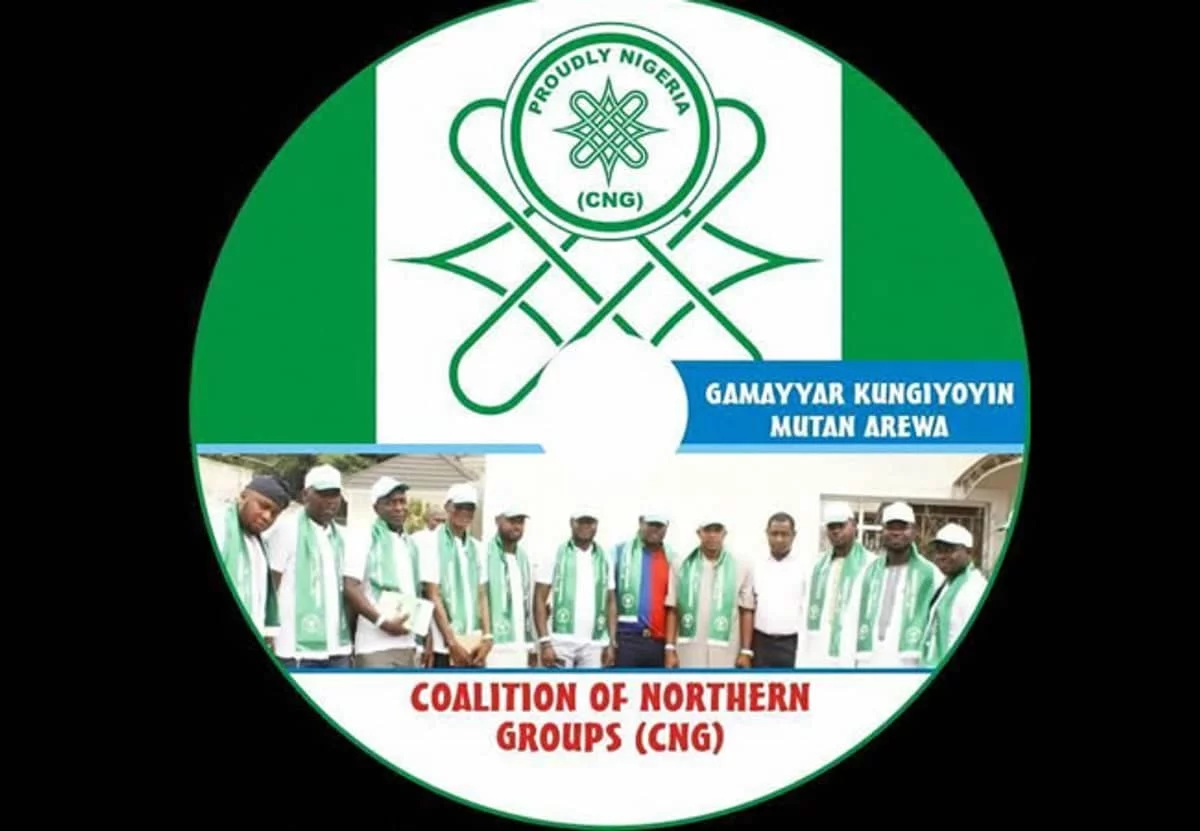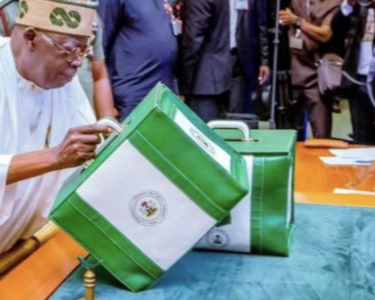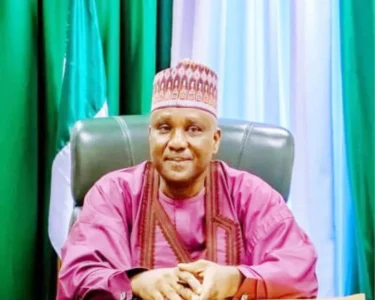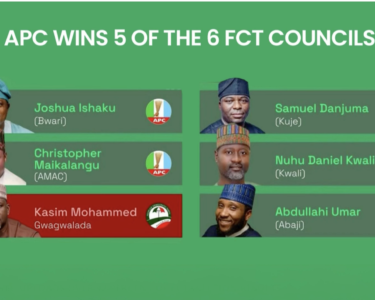The Coalition of Northern Groups (CNG) has expressed outrage over the federal government’s approval of a 50% increase in telecommunication tariffs. Speaking at a press conference in Abuja, CNG’s National Coordinator, Comrade Jamilu Aliyu Charanchi, described the decision as unfair and insensitive to the struggles of ordinary Nigerians.
Charanchi said the hike comes at a time when many Nigerians are struggling to survive due to rising inflation, unemployment, and poor economic conditions. He labeled the increase “an attack on the dignity and livelihoods of the people.”
Flaws in the Decision-Making Process
The group dismissed the Nigerian Communications Commission’s (NCC) claim that the decision was based on consultations with stakeholders. According to CNG, ordinary Nigerians—who are directly affected—were not part of these discussions. They stressed that telecom services are no longer a luxury but a necessity for communication, education, healthcare, and business.
Demand for Fair Tariffs
CNG called for the immediate suspension of the 50% hike, proposing instead a more reasonable increase of no more than 10%. They argued this would strike a better balance between supporting the telecom industry and protecting citizens from further financial hardship.
The group also urged the NCC to involve consumer advocacy groups, civil society organizations, and grassroots representatives in future consultations to ensure fair decisions that reflect the realities of Nigerians.
Call for Accountability
CNG accused the NCC and the Ministry of Communications of failing to prioritize the interests of Nigerians, calling for the immediate resignation or dismissal of the NCC Executive Vice Chairman and the Minister of Communications.
Poor Service Delivery
The group criticized telecom operators for offering poor-quality services, citing frequent failed calls, undelivered messages, and wasted data subscriptions, even as consumers are fully charged for these failures.
Call to Action
CNG urged Nigerians to resist the tariff increase and consider collective action, such as boycotting telecom services, to force a reversal. They described the tariff hike as a collaboration between profit-driven companies and government officials at the expense of the people.
“Any policy that worsens the economic hardship of Nigerians is dangerous and unsustainable,” Charanchi warned.
The group concluded by calling on all Nigerians, civil society organizations, and stakeholders to unite in opposing the tariff hike and ensure that future policies prioritize the welfare of the people over corporate interests.




